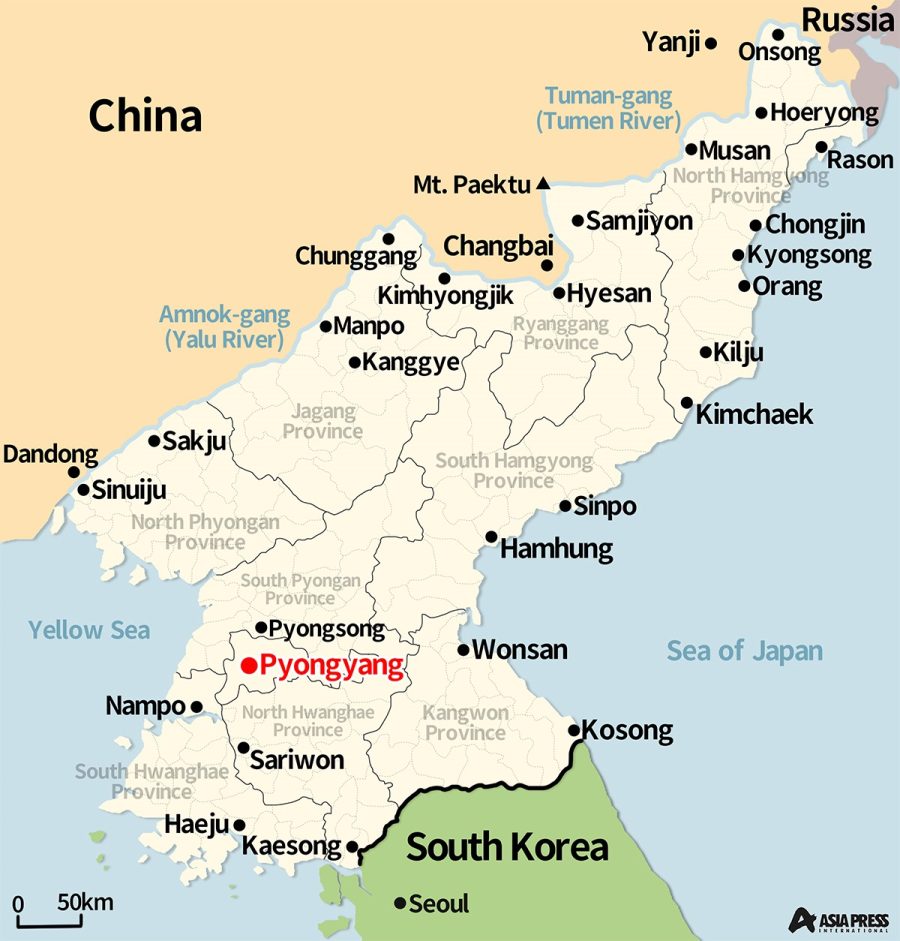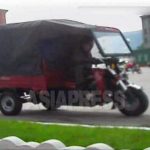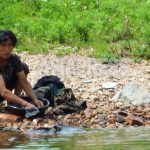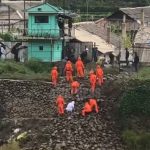◆ Farms Reluctant to Accept Mobilized Workers Due to Increased Burden
Authorities are also requiring farms to submit in advance the work content, duration, and number of mobilized workers needed. Farms appear bewildered by these changes.
"With the increased burden, farms are trying to avoid accepting mobilized workers and instead handle agricultural work themselves. They're planning to accept help only during critical periods like weeding," says reporting partner B.
Meanwhile, financially struggling businesses are trying to send as many workers as possible to farm mobilizations to reduce their labor costs during the mobilization period.
◆ Still Dependent on Mass Mobilization: Vulnerable Agricultural System
Since around 2022, the Kim Jong-un regime has been reforming agricultural policies. One approach involves giving farms more discretion while making them financially self-sufficient and business-oriented. The changes to this year's farm mobilization system are likely to reflect these policy shifts.
However, reporting partner B added that "not all mobilized workers will receive this treatment, and the traditional state-planned collective support will continue."
It remains unclear how thoroughly these operational changes will be implemented. Despite promoting "agriculture first" slogans every year, the North Korean government still fails to secure necessary food supplies. While showing signs of partial change, North Korean agriculture's vulnerability is evident in its continued reliance on mass mobilization.
※ASIAPRESS communicates with its reporting partners through Chinese cell phones smuggled into North Korea.

- <North Korea Special>What is the Reality of Kim Jong-un's Agricultural Policy Reform? (1) "Collective" Disappears from Farms Major Revisions to Agricultural Regulations
- <Inside N. Korea>Four Struggling Female Students Expelled and Banished to Rural Areas for Prostitution: Young People's Violation of Order Met with Harsh Punishment
- <Inside N. Korea>Hunger Crisis: As 'Starving Spring' Approaches, Kim Jong-un's Regime Begins Surveying ' Households in Food Crisis'…UN Agency Reports: "45.5% of Population, 11.8 Million People Suffering from Malnutrition"
- <Inside N. Korea>The Rapid Expansion of Online Banking: Tracking Citizens' Money? Kim Regime Accelerates E-Money Adoption
- <Inside N. Korea>The 'Last Stronghold' of Defection in Crisis: Security Bureau Receives Commendation for Crackdown Success - Smuggling and Defections Nearly Eradicated

























